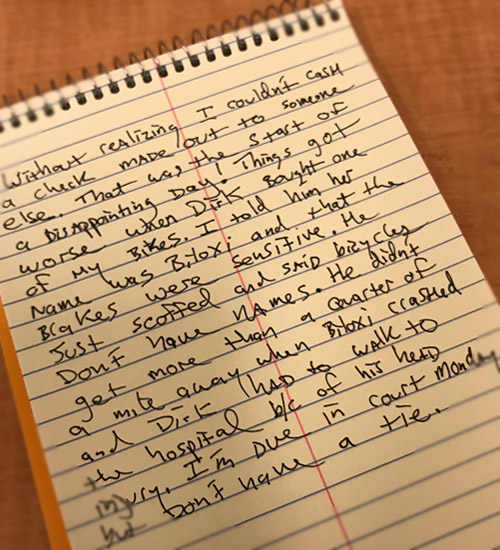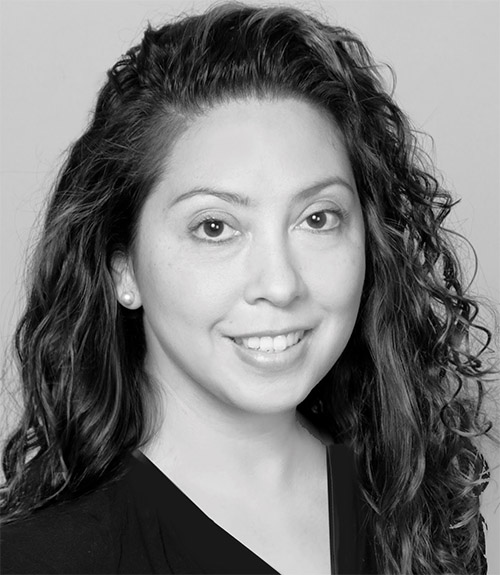
I Love Thesis to Pieces

An early draft of my thesis. While I’ve learned to write, I still cannot spell.
“Thesis” is a fun word to say. It makes your tongue push up against the back of your teeth like that creepy guy on the train. Plus, with only two syllables, it makes you sound less pretentious when someone asks you at a party what you’re working on. Really, most people will be on their way for a second drink by the time Ph.D. McGee finishes saying the word dissertation. Unfortunately, the fun stops there my friends.
Your thesis ought to be treated with reverence. It’s the culmination of your MFA experience and, hopefully, the foundation for and a good chunk of your first book. You (and your thesis advisor) have to be confident and proud about it. It needs to be the kind of thing your loved ones would display on the refrigerator, if only it wasn’t 120 pages.
I entered graduate school thinking I knew exactly what my thesis topic would be, as well as what form it would take. But my years in the program have changed all that, and for the better. I acquired new knowledge, new perspectives and, above all, developed an editorial principle. I’d be embarrassed to turn in now what I then thought was my best work.
We should talk about timelines. Currently, the creative nonfiction program is three years. Two of these years are classes, and the third is devoted to thesis. One can lobby to complete the program in two-and-a-half years, or (in rare cases) even two, but aside from some minor financial benefits I would not recommend it. Even if you’re already working full-time, you’ll never again have a year to devote just to your writing. Give yourself that time.

Dr. Boully is a popular choice as a thesis advisor. She’s smiling because she’s not reading my work.
Poets, who have a two-year program, have to cram their thesis project in along with classes. The resulting stress is one of the reasons, not scientifically proven, most poetry is filled with angst. In their fourth semester, fiction students take a class called “Thesis Development,” but nonfiction students do not. Thus, a fiction student has preparation and structure going into thesis year; they have a little more leeway to mature because, like human babies, they’ve been given time to develop. But nonfiction students are more like foals—we have to hit the ground on our feet and be ready to run.
I spent the first semester of my third year in the program writing the material that is shaping up to become my thesis. One might wonder if that might be cutting it a little close, and it might be. But it took all the time leading up to this to become the writer I wanted to be. All of the material I’ve generated has given me the luxury of more than enough to work with. I am now excising, revising and sculpting all this work. Editing isn’t simply polishing up an existing draft and looking for typos. It’s a drastic, violent process, and I am learning how to weave together the material to arrive at the most dynamic manuscript I can.
All of this is to say you came to graduate school to really become a writer. There’s lots of people who have been published who I would not consider to be writers. That’s because I can tell they don’t quite know what they’re doing. Your mentors and classmates at Columbia College Chicago will help you rise above that kind of hackery. Utilize all the time and resources you have to do it. Leave the cannoli; take the three years.
